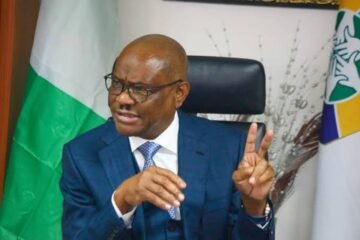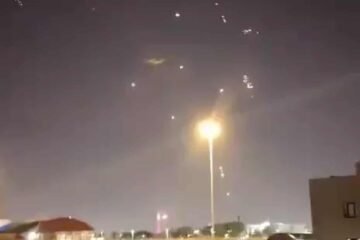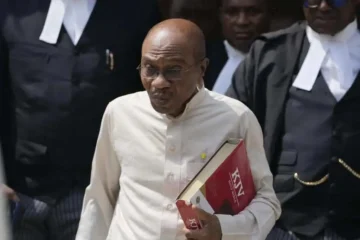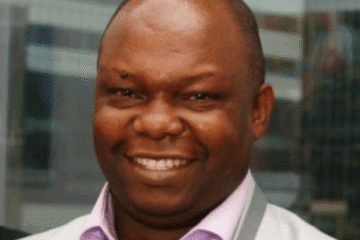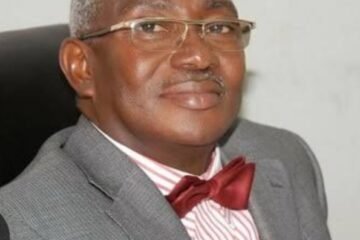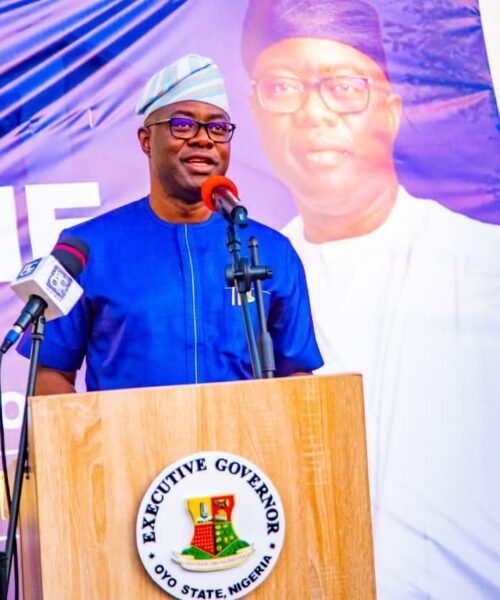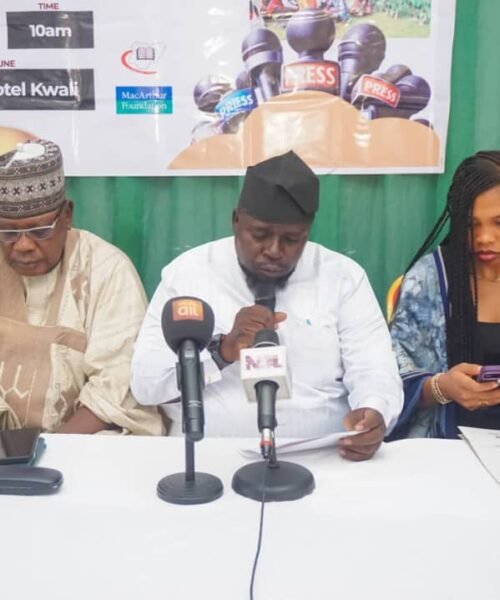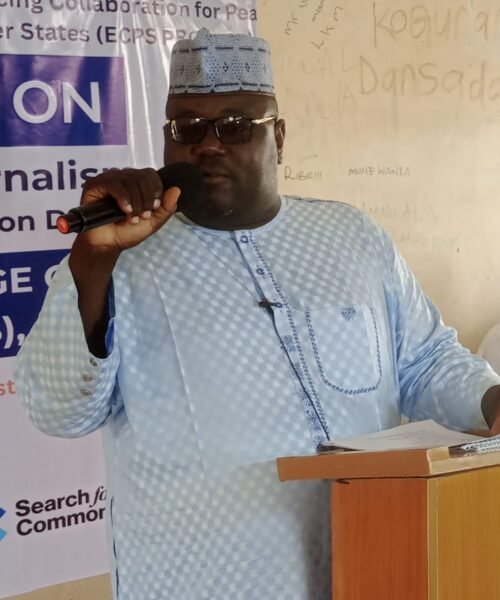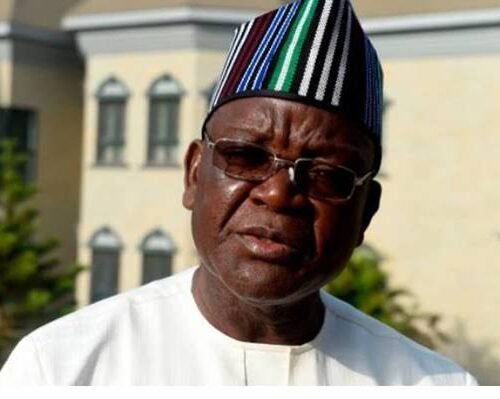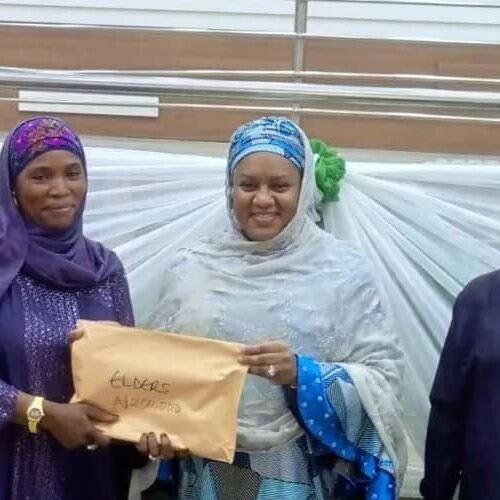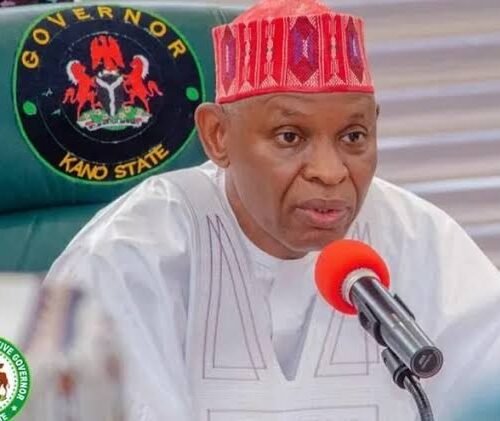By Felix Durumbah
Major applause has come for former military President, General Ibrahim Badamasi Babangida, popularly known as IBB, from apex Igbo socio-cultural organization, Ohanaeze Ndigbo, for what it described as “his bold and historic assertion” that the January 1966 coup d’état was not an Igbo coup.
The coup was a defining event in Nigeria’s national history as it not only ended the country’s first civilian democracy,but also triggered a chain of events which degenerated into a civil war (1967-70) in which millions of people perished and properties valued, then, at multi-millions of British Pounds, destroyed.
But IBB, a principal witness to history at the time, being a young Lieutenant in the 1st Reconnaissance Squadron, Kaduna within the coup period, dismissed the long-held narrative that the coup, led partly by Major Chukwuma Kaduna Nzeogwu, was an Igbo coup.
That narrative has endured for decades now and has been deployed by those who, for reasons best known to only them, detest the Igbo of South-East Nigeria, so as to continue to deny them of participation in certain echelons of the national scheme of things as well as from benefiting from critical infrastructure routinely befitting any component of any federal setup worldwide.
IBB made the revelation of the composition of the putsch leaders’ ethnic backgrounds last Thursday during the launch of his autobiography, ‘A Journey In Service’, at Transcorp Hilton Hotel, Abuja.
The event was graced by all surviving past Presidents of Nigeria as well as the creme de la creme of society.
IBB wrote: “For instance, the head of the plotters, Major Kaduna Nzeogwu, was only Igbo in name. Born and raised in Kaduna, his immigrant parents were from Okpanam in today’s Delta State,which,in 1966, was in the old Mid-Western Region.
“Nzeogwu spoke fluent Hausa and was as ‘Hausa’ as any! He and his original team probably thought, even if naively, that they could turn things around for the better in the country.
“That said, it heinously callous for Nzeogwu to have murdered Sir Ahmadu Bello and his wife, Hafsatu, because not only were they eminently adored by many but also because they were said not to have put up a fight.”
IBB further wrote: My erstwhile Commander at the Reconnaissance Squadron in Kaduna, Lt.Col. Arthur Chinyelu Unegbe, was brutally gunned down by his own ‘brother’, Major Chris Anuforo, in the presence of his pregnant wife,at his 7 Point Road residence in Apapa, for merely being a threat to the revolution as a disciplined and strict officer who, as the Quartermaster-General of the Army, was also in charge of ammunition, weapons, equipment,vehicles, and other vital items for the Army. The coup plotters feared that he might not cooperate with them.
“It should also be remembered that some non-Igbo officers,like Major Adewale Ademoyega, Captain Ganiyu Adeleke, Lts Pola Oyewole and Olafimihan, took part in the failed coup.
“Another officer of Igbo extraction, Major John Obienu, crushed the coup.”
Describing IBB’s revelation as a courageous acknowledgment, Ohanaeze Ndigbo noted that it is as a vital milestone in changing the narrative which had unjustly painted the Igbo as antagonists within the wider context of the country’s chequered political happenings.
Ohanaeze demanded that the revelation potentially ends what it described as the entrenched vindictiveness, cruelty and deep-seated animosities inflicted on the Igbo since 1970.
In a statement issued on Sunday, February 23, by its factional Deputy President-General, Okechukwu Isiguzoro, the organization noted that the depth of the wrong profiling of the January 1966 coup as an Igbo coup, has been fundamentally detrimental with deleterious consequences on the Igbo ethnic nationality not just in the 1960s, but to date.
Ohanaeze recalled that the mischaracterization sparked the July, 1966 counter-coup against the then military Head of State, Gen. Johnson Aguiyi-Ironsi, an Igbo, who was killed, as well as the pogrom against Igbos residing in Northern Nigeria.
Ohanaeze remarked that such narrative sowed the seeds of hatred that eventually boiled over into the civil war “in which three million Igbos, predominantly women and children, lost their lives.”
Ohanaeze’s words: “In the wake of this tragic history, the Igbo people continue to suffer from systemic injustices and marginalization.
“Our demographic representation, in terms of the number of states within the federation, remains the least of any ethnic group.
“The political conspiracies to deny Igbos the opportunity to ascend to Nigeria’s Presidency persist, and we face deliberate omissions of Federal Government presence in the Southeast.
“The tragic closure of the Eastern Economic Corridor, characterized by the permanent shutdown of the Calabar seaport and other critical infrastructure, underscores the extent of our exclusion.
“Additionally, the implementation of the Federal Government’s discriminatory policies, exemplified by the quota system and the absence of functional international airports in the Southeast, serves to reinforce the barriers to our equitable participation in the socio-political fabric of Nigeria.
“In light of these grievous injustices, Ohanaeze Ndigbo reiterates our demands articulated during the 1999 Justice Oputa-led Judicial Commission for the Investigation of Human Rights Violation Panel.
“It is imperative that the current Federal Government, under the leadership of President Bola Ahmed Tinubu, confronts the shadows of our historical traumas.
“We demand a public and unreserved apology from the President on behalf of past military regimes, particularly that of General Yakubu Gowon, who orchestrated unprovoked bombardments and shellings over Igbo territory during the Nigeria-Biafra War, resulting in immense human suffering and loss.
“Furthermore, we maintain our resolute stance that the Nigerian Federal Government must dispel the long-standing inequities perpetrated against the Igbo nation by paying reparations amounting to 10 trillion Naira.
“This demand is not merely for financial restitution; it is a necessary acknowledgment of the value of human lives lost and the cultural and infrastructural devastation endured by our people, which remains evident even 55 years post-conflict.
“In an ideal society, the implications of General Babangida’s confession would prompt accountability among those who endorsed the odious actions against the Igbo.
“However, embodying the spirit of forgiveness that defines our identity, the Igbo people have extended our pardon to General Ibrahim Badamasi Babangida and others for the grievous sins committed against our community during the Biafra War spanning from 1967 to 1970.
“We earnestly call upon President Tinubu to embrace this opportune moment for genuine reconciliation and restorative justice, thereby laying the foundation for a united and harmonious Nigeria, where the scars of the past give way to a brighter future for all citizens.”


